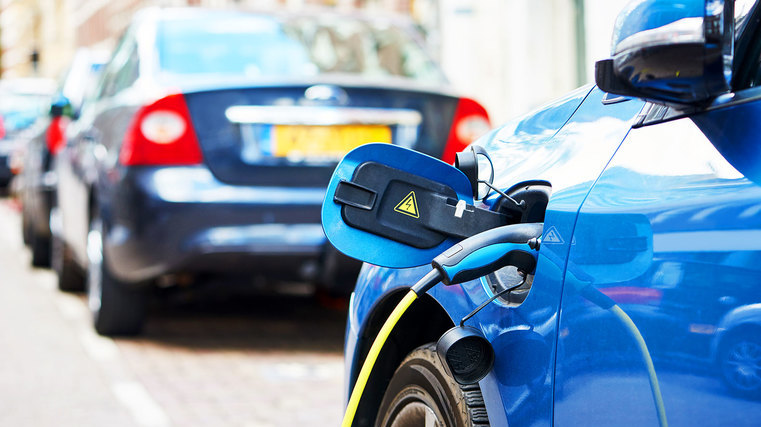Study claims EVs bad for environment

A new study from the University of Cologne in Germany is claiming electric vehicles (EVs) will barely reduce CO2 emissions in Europe over the coming years, when taking into consideration the mining and processing part of the car-building equation.
The study, directed by Christoph Buchal of the University of Cologne, has found that EVs have "significantly higher CO2 emissions than diesel cars." This is due to the energy used while mining and processing lithium, cobalt and manganese, all critical materials in the building of vehicle batteries.
One battery pack for a Tesla Model 3 reportedly adds 11 to 15 tonnes of CO2. Each pack lasts approximately ten years and just over 150,000km, which translates to between 73 and 98g of CO2 per kilometres. Factoring in emissions from electricity powerplants and CO2 emissions rise to 156 - 180g/km of CO2.
The researchers concluded the study by saying that Europe could cut CO2 emissions by a third through supporting methane- or hydrogen-powered vehicles, which would eliminate the need for diesel engines.
"Methane technology is ideal for the transition from natural gas vehicles with conventional engines to engines that will one day run on methane from CO2-free energy sources," said Buchal.
“Over the long term, hydrogen-methane technology offers a further advantage: it allows surplus wind and solar power generated during peaks to be stored, and these surpluses will see a sharp increase as the share of this renewable energy grows."
Tesla's response
“This study is flawed because it factors in a battery lifespan that’s much too short, a significantly more powerful Tesla vehicle than the comparison car, an outdated NEDC cycle to calculate emissions figures, and it estimates battery manufacturing-related CO2 emissions to be about four times our own estimates, given efficiencies we’ve achieved at our gigafactories," said Tesla in a statement.
"Our own data shows that Model 3 vehicles produce less than half the CO2 that this study cites, including emissions caused by battery production, and those figures are dropping rapidly as the use of renewable energy like solar and wind continues to rise.”
The company added that Tesla batteries last much longer than the 150,000kms quoted in the study and that, regarding the power of the two cars being compared, the study compares the Model 3 Long Range which has 353kW to a car that only has 145kW.





